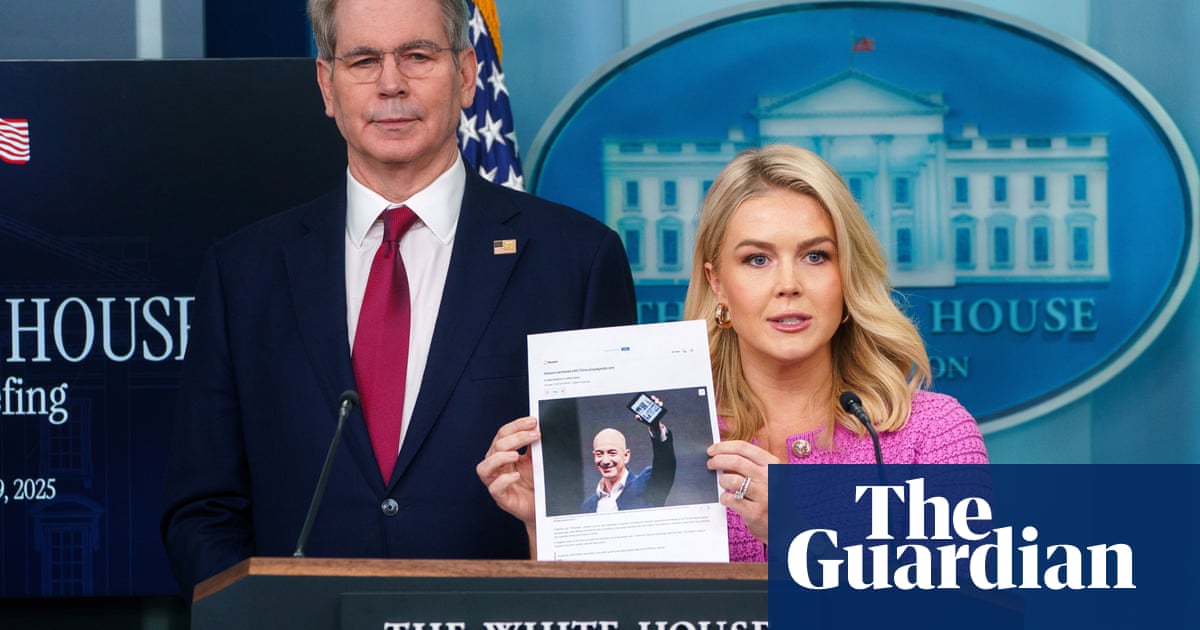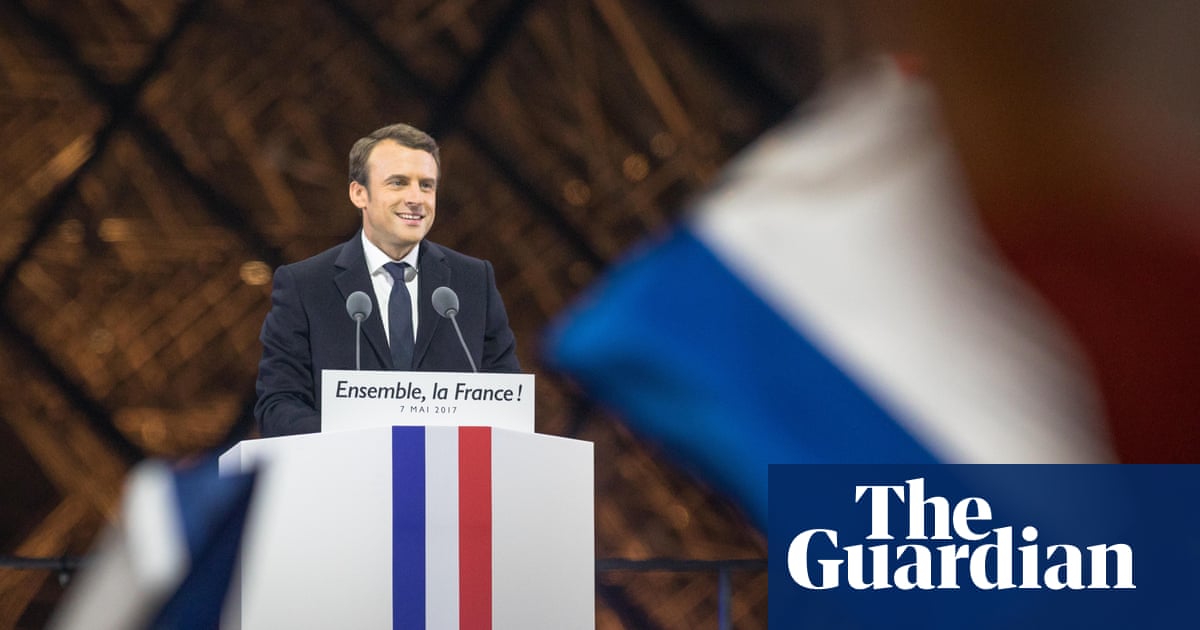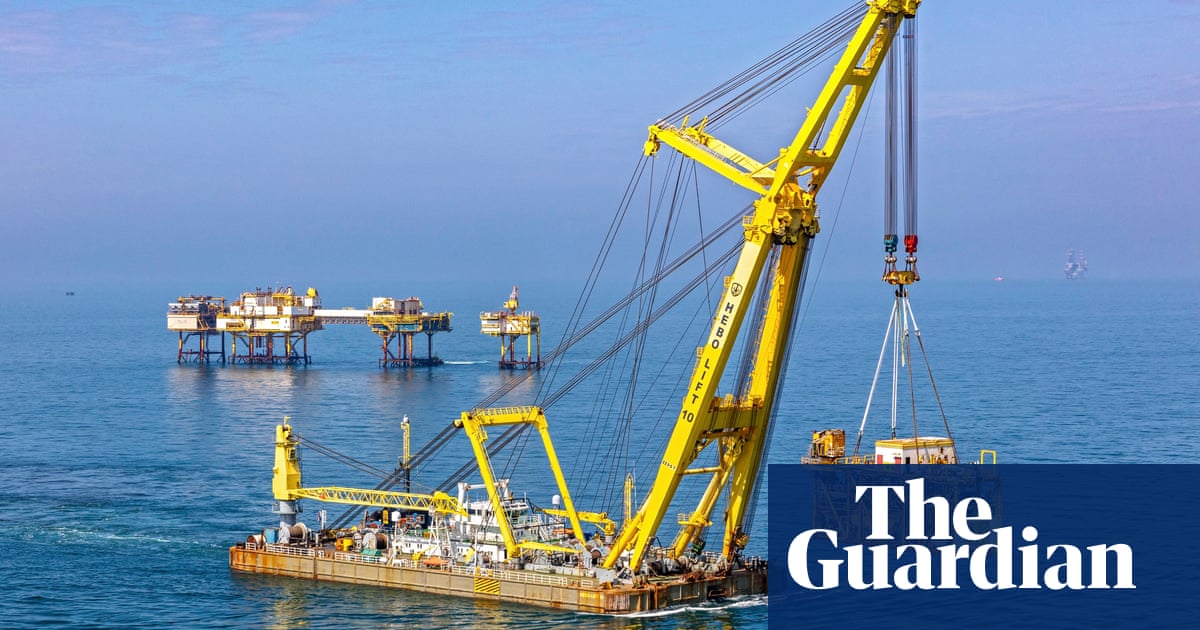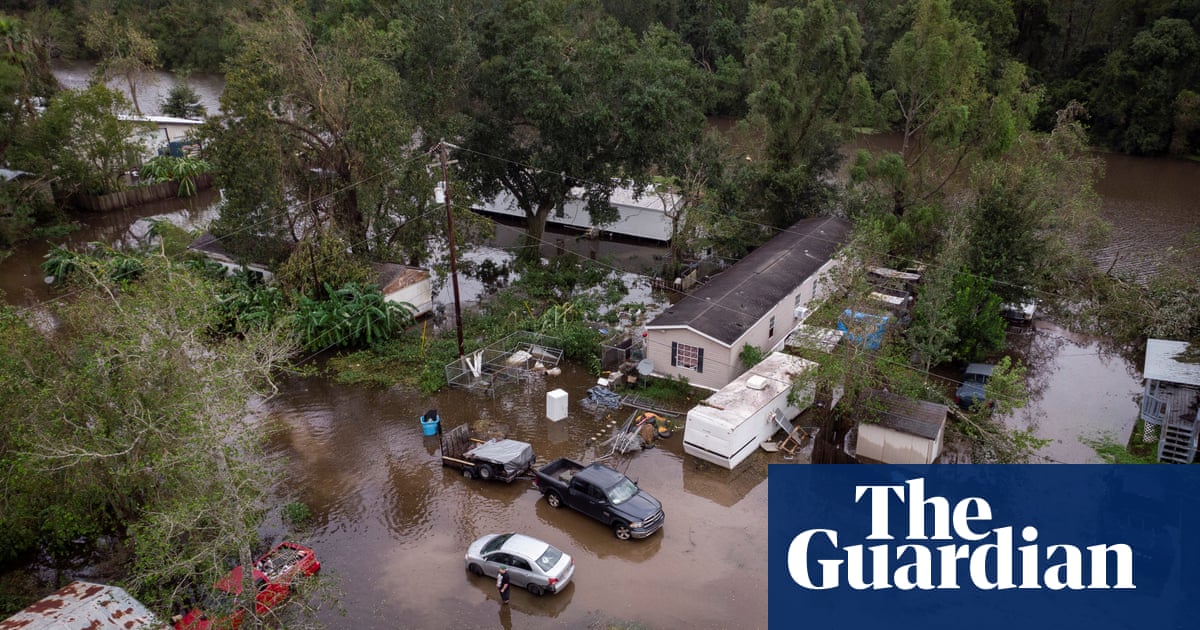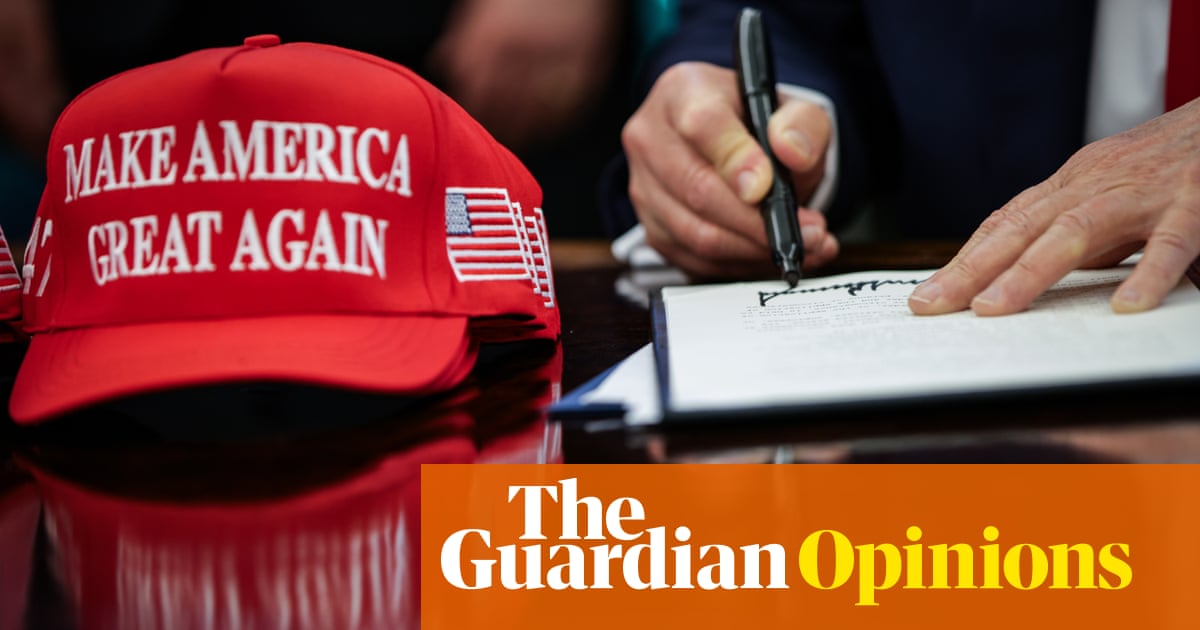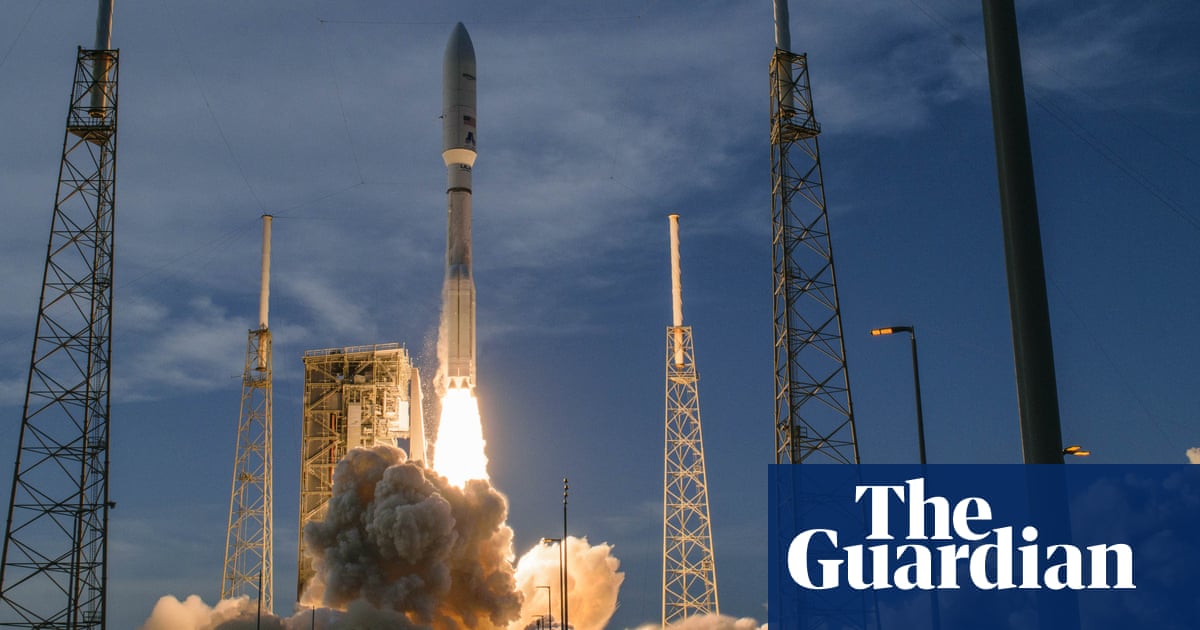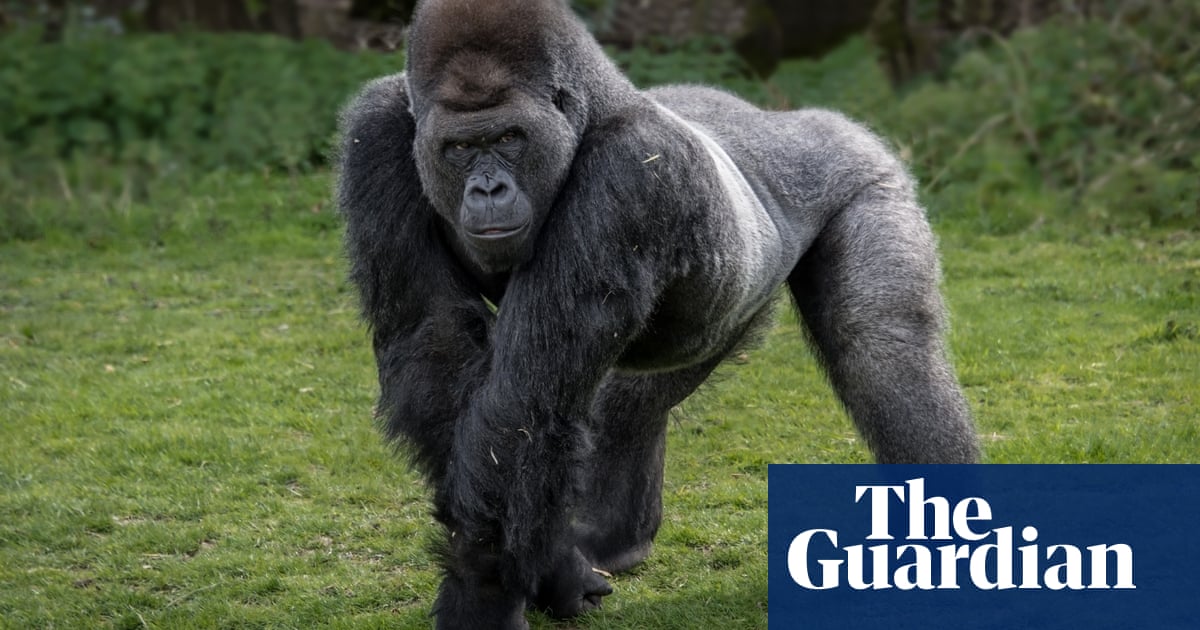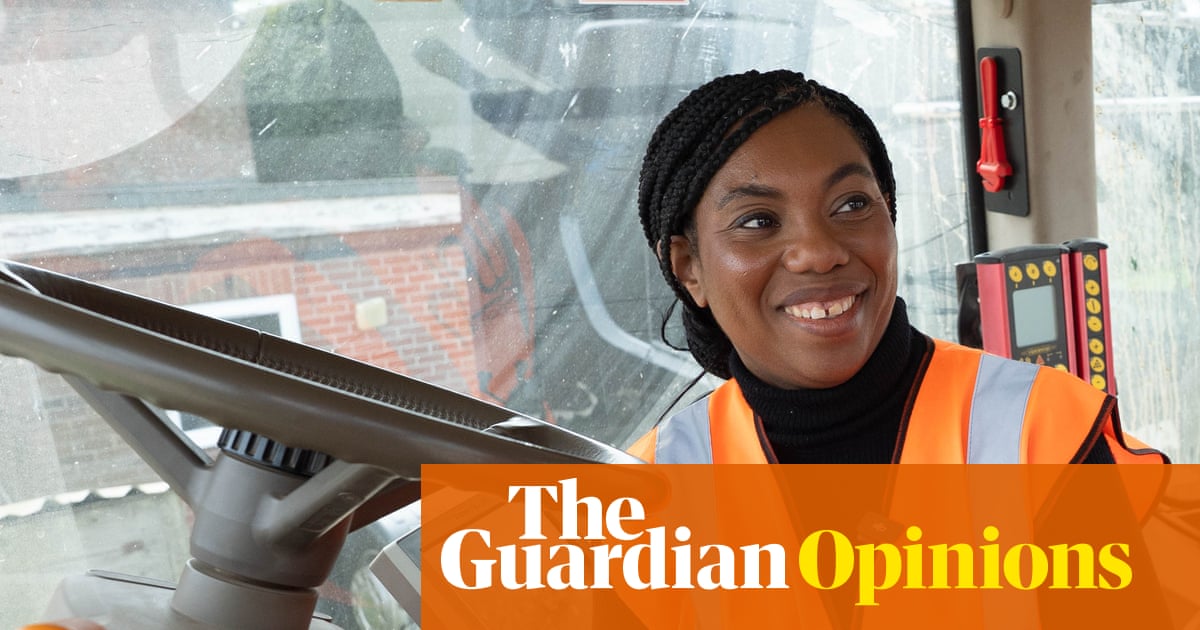AstraZeneca said it was shifting the production of some medicines sold in the US from Europe to the US, to counter the impact of Donald Trump’s trade tariffs.
Speaking as the company reported higher sales and profits for the first quarter, the FTSE 100 pharma company reiterated that the UK, and the rest of Europe, risked losing out to the US and China unless they ramped up spending on new medicines. Pascal Soriot, AstraZeneca’s chief executive, warned that well-paid advanced manufacturing and research jobs could move to the US in the long run.
While the industry is holding its breath in case of threatened US tariffs on the pharma sector, which has been largely exempt from duties under a 1995 World Trade Organization agreement aimed at keeping medicines affordable, Soriot said the impact on AstraZeneca would be limited.
If tariffs were imposed in the range announced against imports from other industries from Europe to the US, the drugmaker would still be able to achieve its targets this year, as it has built up inventories in the US, he said. Most of the medicines sold by AstraZeneca in the US are already being produced in the country, across 11 sites.
“We do import a minority of medicines that are sold in the US from Europe,” Soriot told reporters. “However, mitigations are already under way with manufacturing of those products being shifted to the US.” This does not affect the UK, he added.
He said AstraZeneca had the flexibility to move product manufacturing around because the vast majority of its products have dual sourcing arrangements, covering the US and Europe, while China has a “largely self-sufficient supply”.
The current blanket US tariffs on goods imported from China, Mexico and Canada cover pharmaceuticals but Soriot said AstraZeneca does not import from those countries to the US, and hardly ships any medicines manufactured in the US to China. “We did have exports from the US to China in the past, but now very little,” he added.
In November, the company announced a $3.5bn (£2.6bn) investment in US manufacturing and research, including cell therapy, and last month announced a $2.5bn investment in Beijing. Other big pharma companies, such as Switzerland’s Roche and Novartis, have also announced big investments in the US in recent weeks.
“When you see the amount of investment that is currently going into the US, it really sends a very strong signal that Europe has to contribute to innovation and pharmaceutical innovation a lot more because, unfortunately, otherwise all these jobs, whether they are manufacturing jobs or R&D jobs, are going to move to the US over time, and new investments, new jobs are going to be created in the US,” Soriot said.
Like the bosses of Novartis and France’s Sanofi, he called on European governments to prioritise spending on healthcare, and in particular new medicines, in the same way Europe is ramping up spending on defence. He backed a Europe-wide list price for medicines, similar to the list prices in the US, but allowing discounts for individual countries depending on their spending power.
“Companies will follow where they feel welcome because access to medicines is good, innovation is rewarded. And of course, tax policies also play a role in all those decisions,” Soriot said.
He took aim at the UK, where AstraZeneca’s drug Enhertu for advanced breast cancer has not been made available on the NHS in England and Wales on cost grounds, while it is available in Scotland and most other European countries.
after newsletter promotion
Soriot said the company had offered a low price. The chief executive of the National Institute for Health and Care Excellence (Nice), Dr Samantha Roberts, said in November that the body – which decides whether to recommend new drugs for reimbursement by the government – was “extremely disappointed” that talks to reach a price agreement to make Enhertu available to 1,000 women in England and Wales had not been successful.
At the start of this year AstraZeneca ditched a planned £450m expansion of its vaccine site in the Liverpool suburb of Speke after failing to reach a deal on state aid.
Soriot’s remarks on Tuesday came as AstraZeneca reported a 13% rise in revenues to $15.6bn between January and March, driven by double-digit growth for cancer drugs and biopharmaceuticals. Pre-tax profit rose by 21% to $3.4bn.
The company, whose shares slumped last autumn when the president of its China business and other executives were detained by the authorities, said it may face a fine of up to $8m in the country over suspected unpaid taxes of $1.6m related to the import of Enhertu, on top of a previously announced fine of up to $4.5m related to the cancer treatments Imfinzi and Imjudo. AstraZeneca is also being investigated over suspected data breaches but has been informed by Chinese authorities that there was “no illegal gain” to the company.
Soriot said: “This is something we totally regret, and it’s disappointing for us,” adding that the company had made a number of changes to its Chinese business to ensure this does not happen again.

.png) 6 hours ago
4
6 hours ago
4
